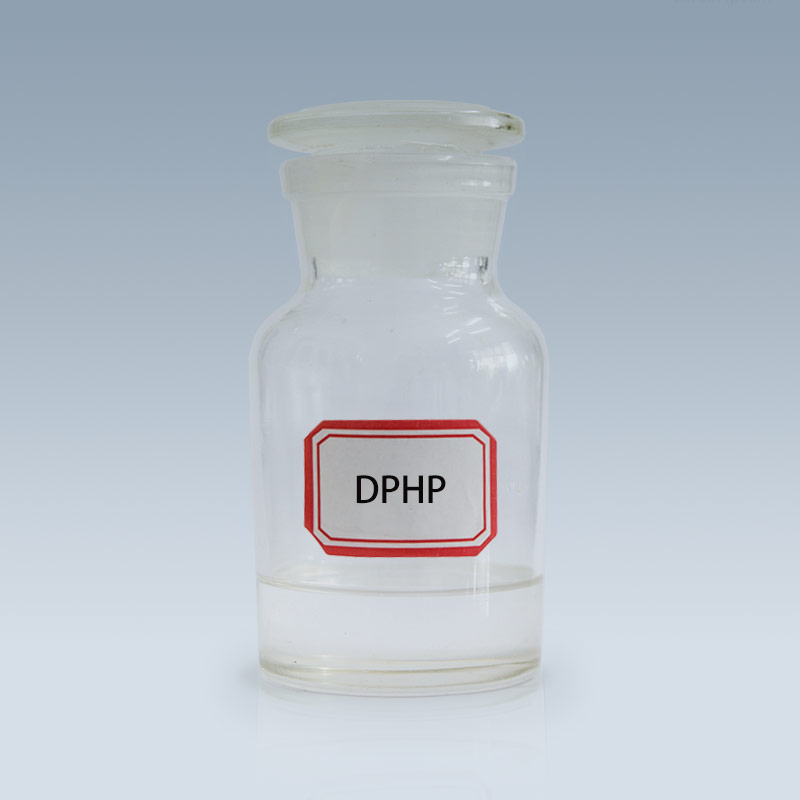Diisodecyl Phthalate (DIDP) is a type of phthalate ester that finds widespread use in various industrial and consumer applications due to its properties as a plasticizer. Plasticizers are compounds added to materials, particularly plastics, to increase their flexibility, workability, and durability. This article explores what Diisodecyl Phthalate is, its common uses, benefits, and safety considerations.
Diisodecyl Phthalate (DIDP) is a chemical compound derived from phthalic acid and isodecyl alcohol. It is a colorless, oily liquid that is typically used as a plasticizer in the production of flexible plastics. As a type of phthalate, DIDP helps to enhance the flexibility, softness, and durability of various plastic materials.
Common Uses
DIDP is primarily utilized in the manufacturing of polyvinyl chloride (PVC) products. Its applications span a range of industries, including:
Automotive Industry: DIDP is used in the production of flexible automotive components such as dashboards, door panels, and seat covers. Its ability to improve the flexibility and longevity of these components makes it an ideal choice for automotive applications.

Construction and Building Materials: In the construction sector, DIDP is used in the production of flexible flooring materials, insulation, and other PVC-based building products. Its use enhances the durability and performance of these materials under various environmental conditions.
Consumer Goods: DIDP is also found in a variety of consumer products, including electrical cables, hoses, and inflatable toys. Its flexibility and resistance to degradation make it suitable for items that undergo frequent use and stress.
Benefits of Diisodecyl Phthalate
Enhanced Flexibility: DIDP significantly increases the flexibility of PVC products, allowing them to bend and stretch without breaking. This property is crucial for applications that require pliability and resilience.
Improved Durability: Products containing DIDP are less likely to become brittle or crack over time. This durability extends the lifespan of the products and reduces the need for frequent replacements.
Resistance to Degradation: DIDP helps PVC products resist degradation from environmental factors such as UV light, heat, and moisture. This resistance contributes to the longevity and reliability of the products.



 English
English 中文简体
中文简体







